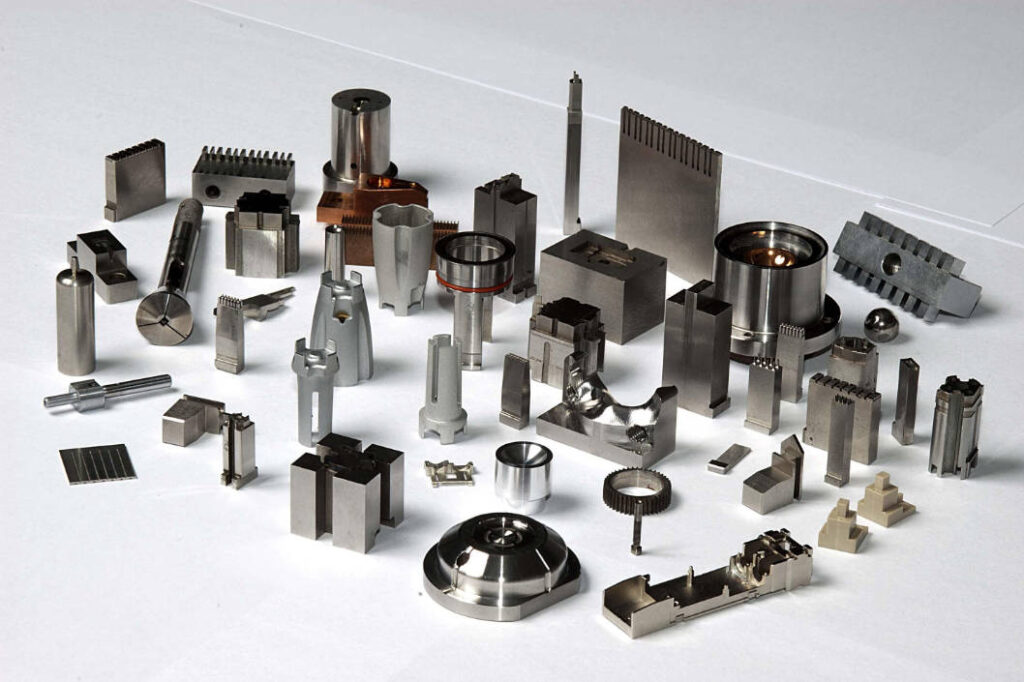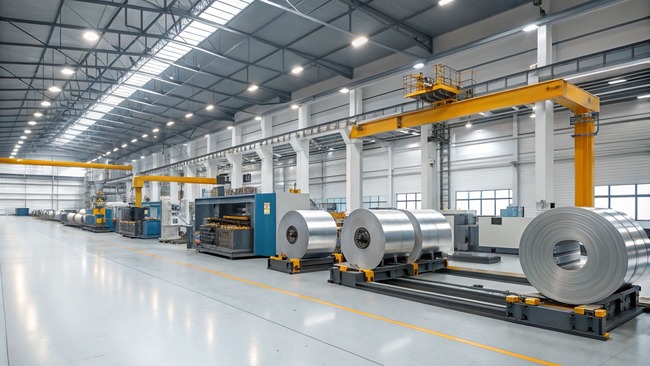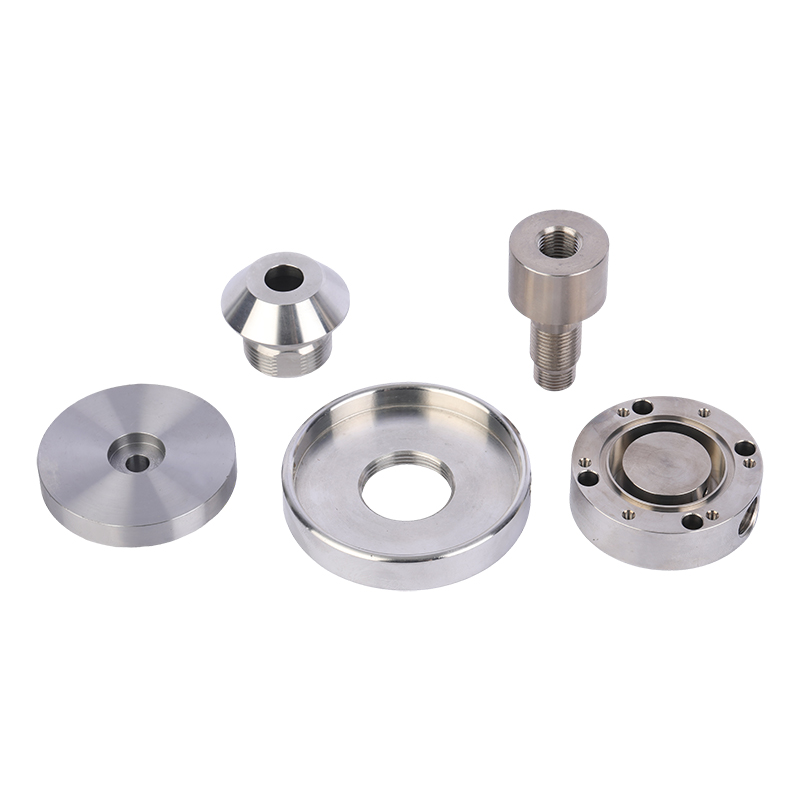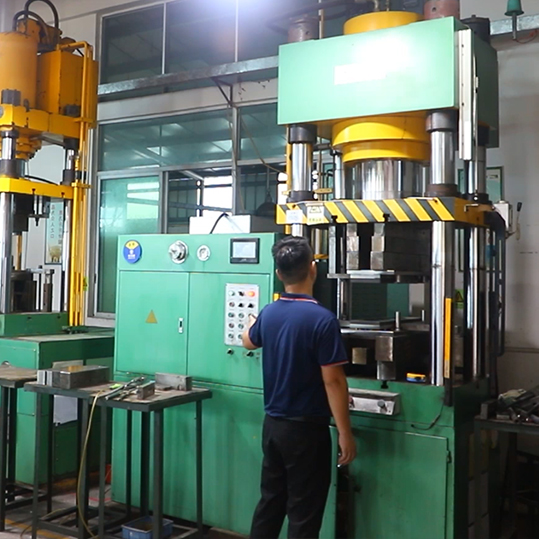Introduction
CNC (Computer Numerical Control) machining is a revolutionary manufacturing process that utilizes computer systems to control machine tools. This technology has transformed traditional machining by enhancing precision, efficiency, and versatility. As industries increasingly focus on sustainability and cost-effectiveness, the importance of reducing material waste has become paramount. In this article, we will explore the advantages of CNC machining in minimizing material waste, making it an ideal choice for businesses seeking CNC machining services.

1. Precision and Accuracy
High Tolerance Levels
One of the standout features of CNC precision machining is its ability to achieve high tolerance levels. Unlike manual machining methods, CNC machines operate with remarkable accuracy, ensuring that each part is manufactured to exact specifications. This precision minimizes excess material removal during the machining process, significantly reducing waste.
Consistent Reproducibility
CNC machines excel in producing parts with consistent dimensions across multiple runs. This reproducibility not only enhances quality but also reduces the likelihood of errors that can lead to waste. When companies invest in CNC machining services, they can expect a level of consistency that is difficult to achieve with traditional methods.
2. Efficient Material Utilization
Optimized Tool Paths
CNC programming plays a critical role in optimizing tool paths for machining operations. Advanced software calculates the most efficient routes for cutting tools, maximizing material use while minimizing waste. By utilizing these optimized paths, manufacturers can significantly reduce the amount of scrap generated during production.
Design Flexibility
CNC machining offers remarkable design flexibility, allowing engineers to create complex shapes and intricate designs without excessive waste. Traditional machining methods often require additional material to accommodate design limitations, whereas CNC machining can produce detailed components directly from digital models, further enhancing material efficiency. Please let me know when you would like me to continue!
3. Reduction of Scrap Material
Minimized Setup Waste
Another significant advantage of CNC machining is the reduction of setup waste. Traditional machining often involves extensive setup processes that can generate considerable scrap material. In contrast, CNC machines can be programmed to operate with minimal setup time and material loss. This efficiency not only conserves resources but also streamlines the production process.
Recycling Capabilities
CNC machining also promotes sustainability through its recycling capabilities. The leftover materials from CNC processes can often be recycled or repurposed, further reducing waste. Manufacturers can reclaim valuable materials, which not only minimizes environmental impact but also contributes to cost savings.
4. Automation and Efficiency
Reduced Human Error
Automation is a hallmark of CNC machining, significantly reducing human error that can lead to material waste. With precise programming and automated operations, the likelihood of mistakes that result in wasted materials is greatly diminished. This reliability is crucial for businesses that prioritize efficiency and quality in their manufacturing processes.
Faster Production Times
CNC machining enables faster production cycles compared to traditional methods. The ability to quickly produce high-quality parts means less time spent on each project, which translates to lower overall costs. As a result, businesses can optimize their operations while minimizing material waste, making CNC machining a smart investment.
5. Cost Savings
Long-Term Financial Benefits
Reducing material waste through CNC machining leads to significant long-term financial benefits. By minimizing excess material usage and scrap, companies can lower their overall production costs. This aspect is particularly important when considering CNC machining cost and CNC machining price, as efficient operations directly impact the bottom line.
Competitive Advantage
In today’s competitive market, businesses that effectively utilize CNC machining services gain a distinct advantage. Lower material costs allow companies to offer more competitive pricing without sacrificing quality. This capability can be a decisive factor for clients when selecting a manufacturing partner.
6. Environmental Benefits
Sustainability Practices
CNC machining aligns with sustainability goals in manufacturing by significantly reducing material waste. Companies that adopt these practices not only contribute to environmental preservation but also enhance their brand image as responsible manufacturers.
Lower Carbon Footprint
The broader environmental impact of reduced waste includes a lower carbon footprint associated with less energy consumption during production. By choosing CNC precision machining, businesses can play an active role in promoting sustainable practices within their industries.
Conclusion
In summary, CNC machining offers numerous advantages in reducing material waste, making it an ideal choice for businesses seeking efficient and sustainable manufacturing solutions. From high precision and optimized material utilization to reduced scrap and cost savings, the benefits are clear. As companies increasingly prioritize sustainability alongside profitability, investing in CNC machining services represents a forward-thinking approach that addresses both economic and environmental concerns.
By leveraging the capabilities of CNC machining, manufacturers can not only enhance their operational efficiency but also contribute positively to the environment, ensuring a better future for all. Thank you for your patience! If you need any further modifications or additional information, feel free to ask!






